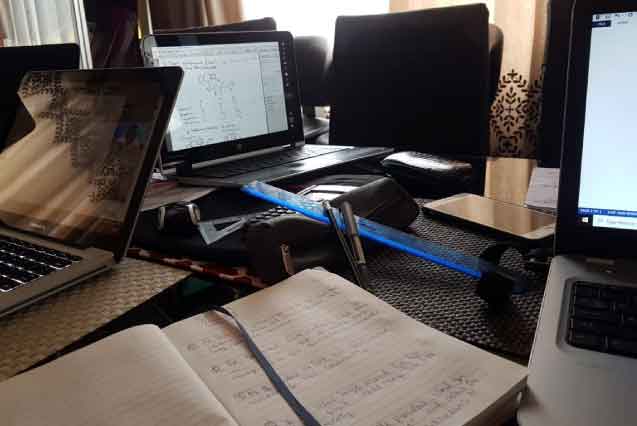
Over the past decade, the Government has taken measures aimed at making education accessible to all in Kenya, as well as ensuring that regional special needs and disparities are met. However, the Covid-19 pandemic which led to closures of all schools in Kenya in March has clawed back the gains made by compromising the quality of education and propagated inequality in the provision of the public service.
The closure of schools has deepened the learning crisis and exposed vulnerable children to a heightened risk of suffering and exploitation. Parents adopted e-learning and distance learning as one way keeping their children engaged with school work. It is, however, important to note that schools served both as places of learning and places for children’s growth and development. It is important to examine how prolonged closure of schools has affected learners.